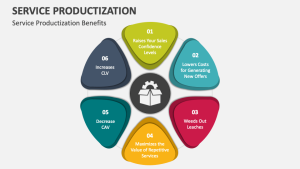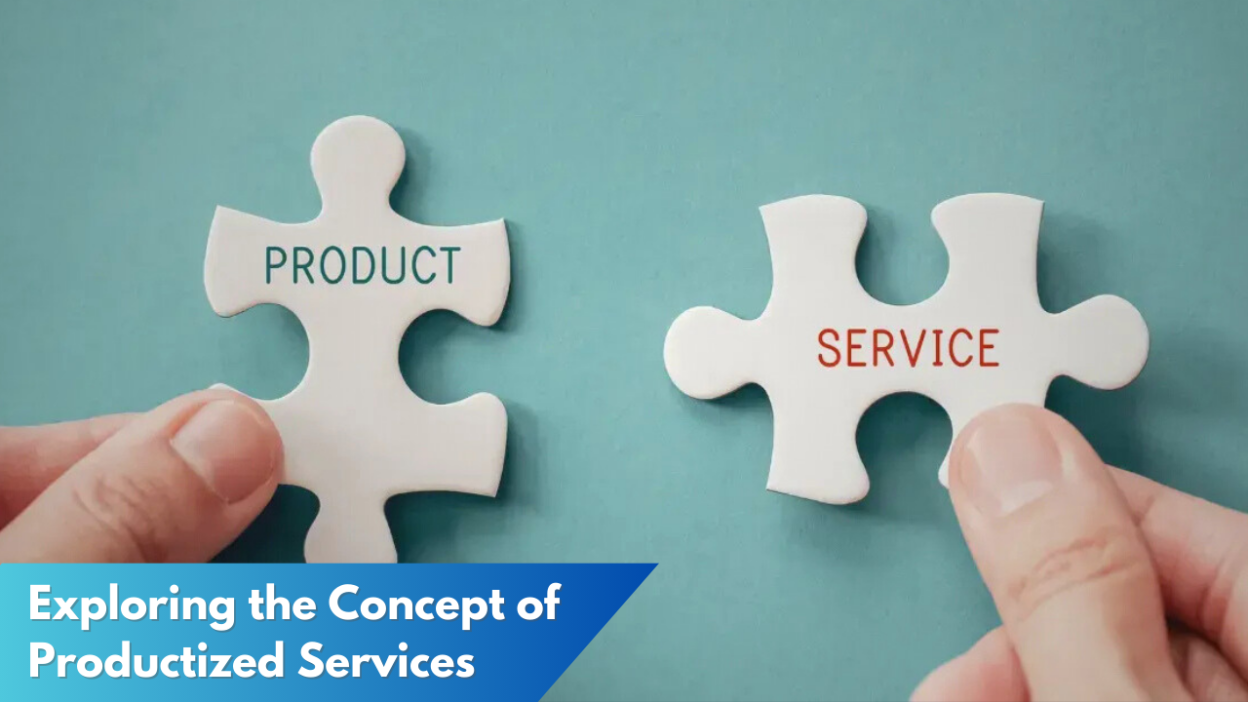In today’s fast-paced business landscape, companies continuously seek innovative methods to deliver value efficiently and consistently to their customers. One such approach gaining traction is the concept of productized services. This model bridges the gap between custom services and standardized products, offering a scalable and streamlined solution that appeals to both businesses and clients. In this article, we delve into the nuances of productized services and explore the benefits they bring to the modern business environment.
Understanding Productized Services in Modern Business

Productized services represent a hybrid between traditional services and tangible products. Unlike bespoke services, which are tailored individually to each client, productized services package expertise and solutions into a predefined format. This structure allows businesses to offer a consistent solution that addresses common client needs, while simultaneously enabling them to streamline delivery and pricing structures. By defining the scope, deliverables, and timeline upfront, companies can maintain control over quality and costs, leading to a more predictable business model.
A key component of productized services is their ability to transform complex, knowledge-based processes into simplified, repeatable offerings. This transformation is achieved by distilling expertise into a series of steps or components that can be marketed as a package. For instance, a digital marketing agency might productize their SEO efforts by offering a fixed-price monthly optimization package, detailing specific deliverables and metrics. This not only helps potential clients understand what to expect but also facilitates quicker decision-making by eliminating ambiguous service negotiations.
The rise of digital platforms has further accelerated the adoption of productized services, offering a global marketplace for these packaged solutions. Online platforms enable businesses to showcase their productized offerings to a wider audience, tapping into markets that were once inaccessible through traditional service models. This accessibility is crucial in today’s digital economy, where businesses must remain agile and responsive to ever-changing consumer demands.
How Businesses Benefit from Productized Offerings
The shift towards productized services presents significant benefits for businesses, particularly in terms of scalability and efficiency. By standardizing services into fixed packages, companies can serve a larger number of clients without a proportional increase in resources. This scalability is a game-changer for small to medium enterprises (SMEs) that aspire to grow their client base while maintaining operational efficiency. Moreover, the predictability of productized offerings simplifies resource allocation, allowing businesses to optimize their workforce and process management.
Another advantage of productized services is the clarity they bring to client interactions. With a well-defined scope and deliverables, clients have a clear understanding of what they are purchasing, reducing the likelihood of miscommunication or unmet expectations. This transparency not only enhances client satisfaction but fosters trust and loyalty, as clients are more confident in the value they receive. Additionally, the fixed pricing often associated with productized services removes the uncertainty of fluctuating costs, making budgeting easier for both clients and service providers.

Finally, productized services can offer a competitive edge by differentiating businesses in a crowded marketplace. By offering unique, branded service packages, companies can position themselves as specialists in particular niches, attracting clients who are seeking specific solutions. This differentiation can be a powerful marketing tool, as it highlights the business’s expertise and ability to deliver results. Furthermore, the efficiency gained from a productized approach allows companies to invest time and resources into innovation and further development of their offerings, fostering long-term growth and sustainability.
As businesses continue to navigate the complexities of a dynamic market environment, the concept of productized services offers a promising path forward. By combining the flexibility of service delivery with the efficiency of product-based models, businesses can enhance their value proposition while optimizing operations. As both technology and consumer expectations evolve, the ability to adapt and innovate through productized offerings will be crucial in maintaining a competitive edge. Ultimately, embracing this approach could be the key to unlocking new opportunities and driving sustainable business success.



